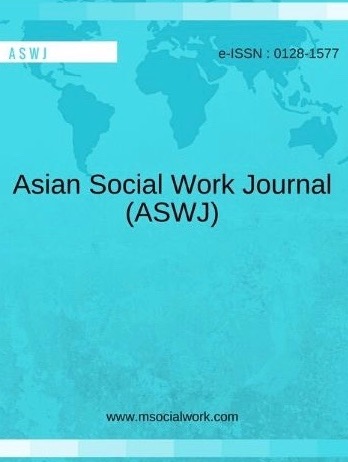

Objective: Broken windows theory has been applied in public health to understand how neighborhood disadvantage contributes to health risk and disparities. Timely mental health screening and supports for unstably housed families offer opportunities for maltreatment prevention. Conclusions: Parenting stress is a significant factor in the link between housing insecurity and adverse parenting toward adolescents. Housing insecurity was indirectly associated with adverse parenting via parenting stress but not via maternal depression. Results: The CFA and structural models showed excellent fit to the data. A structural model tested direct and indirect pathways from housing insecurity to adverse parenting behaviors via maternal depression and parenting stress. Confirmatory factor analysis (CFA) tested whether observed variables were valid indicators of latent constructs. Method: The present study used data from the Fragile Families and Child Wellbeing Survey ( N = 2,719) in structural equation models with latent variables. The present study investigated the roles of maternal depression and parenting stress in mediating the link from housing insecurity in early childhood to adverse parenting in adolescence. Despite a large body of research on parenting of young children, less is known about pathways to adverse parenting behaviors toward adolescents. Children exposed to housing problems face increased risk of adverse parenting and maltreatment.

Objective: Housing insecurity strains low-income families throughout the United States. Findings suggest the need to target specific parenting behaviors to reduce children’s internalizing and externalizing behavior problems and promote health and development across generations. Conclusion: Results suggest that specific parenting behaviors partially mediate the relationship between parental mental health and children’s behavioral health outcomes. We found statistically significant indirect effects from poor parental mental health to internalizing behavior problems through neglectful and psychologically aggressive parenting, and from poor parental mental health to externalizing behavior problems through psychologically aggressive parenting. Results: Path analyses indicated statistically significant direct effects of poor parental mental health on neglectful, psychologically aggressive, and physically assaultive parenting and on children’s internalizing and externalizing behavior problems. Method: We used data from parent interviews from Waves 1 and 3 of the National Survey of Child and Adolescent Well-Being II ( N = 1,192) to measure parenting behavior pathways from parental mental health to children’s behavioral health.

This study examined the hypothesis that specific parenting behaviors mediate the association between parental mental health and children’s behavioral health outcomes among families investigated for maltreatment. Parental risk characteristics, such as poor mental health, may help to explain the health and developmental trajectories of children who have experienced maltreatment. Objective: Children exposed to maltreatment are a vulnerable population with disproportionately high rates of adverse outcomes, including internalizing and externalizing behavior problems.


 0 kommentar(er)
0 kommentar(er)
